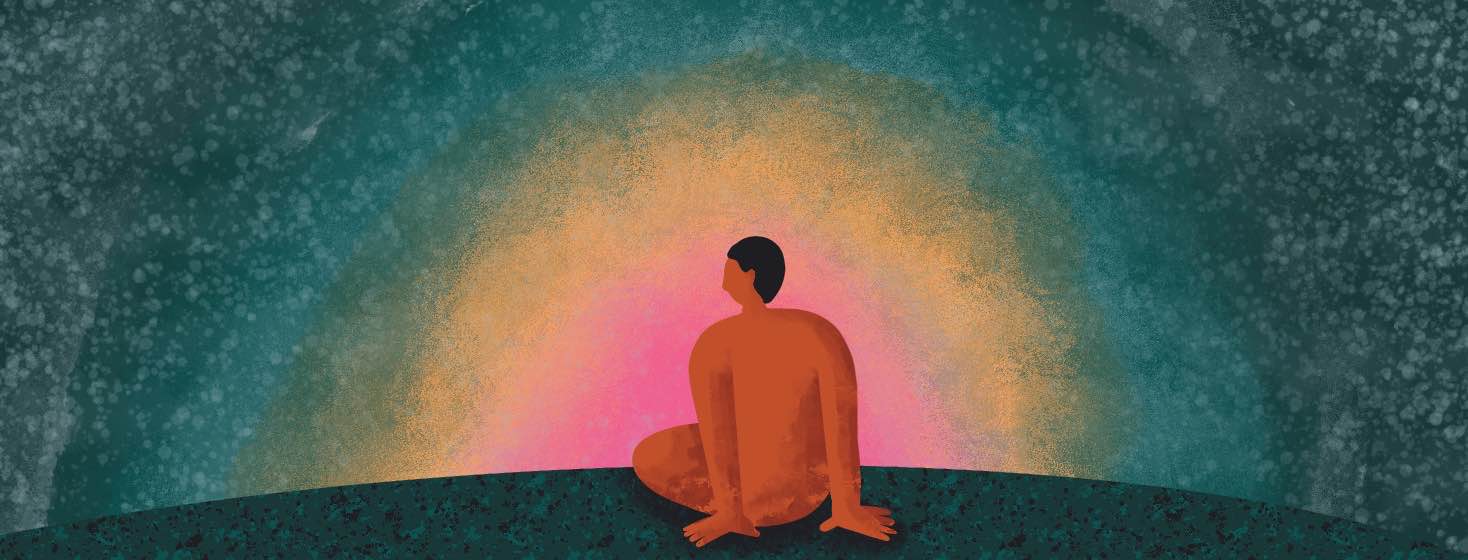Dealing With the Emotions of a Prostate Cancer Diagnosis
Bill West talks about the emotional toll of his prostate cancer diagnosis, including the isolation he felt, the ways he learned to process it, and how he navigated the diagnosis with his husband.
Needing to be alone
When I was a boy, we had a cat called Tiger. When he got old, he went off one day to a corner in the basement. He didn’t want anyone holding or touching him. My mother periodically went down to the room and sat on a chair reading her book. When I asked what was wrong with Tiger, she said that he knew he was dying and needed to be alone.
When I was diagnosed, I told my partner, then left the room to be alone. For the next 2 weeks, I checked survivor rate tables and treatment options. When anyone at work asked what was wrong, I explained away my distracted, flat, emotionless tone as processing a family death. I didn’t tell them I was mourning the loss of immortal me.
Taking time to process
The low point was realizing that my father was dead, my mother recently joined him, and I was alone with a disease I didn’t understand. I told my partner, who would just hold me at night and say that I needed time to process everything. It seemed cruel to drag him into this vortex until I figured out what it was.
Slowly the numbness gave way to a creeping dread and finally to a surreal calm. Overall, it was surreal because nothing I read or thought could alter the trajectory of the emotional path from nothing to calm. I would sit in meetings at work and, without warning, a recurring sense of existing alone would strike and subside. Slowly a calm certainty emerged.
Although I did have to go through this awful disease alone (no one could do it for me), it wasn’t going to be the reason I died.
Sharing my diagnosis with others
At this point, I could discuss it with my partner. He asked how I could be calm and not shooting back drinks. I said that it was no longer a mortality issue for me but a medical problem to be solved, but I still felt like the only person alive who had to face this problem. I didn’t want to tell anyone else because I didn’t want to be that cancer patient.
After about a month, I finally told an acquaintance about the diagnosis. Her father had been treated a decade earlier. It was a fact, not a pitying memory she was recounting. As I became more confident, I told others and soon felt like I was surrounded by people who had this disease, lived through it with someone, or knew someone who had it. I started seeking out stories to help navigate the medical path.
Choosing a treatment
I made the decision to have a robotically assisted prostatectomy. I’m not sure it was a totally informed or correct decision, but it was one made from a not-alone place.
After surgery, we returned home to an overheated bedroom, pain pill deliriums, and Mouse, our kitten who slept at the end of the bed, no doubt dreaming innocent dreams of her cat-like independence.


Join the conversation